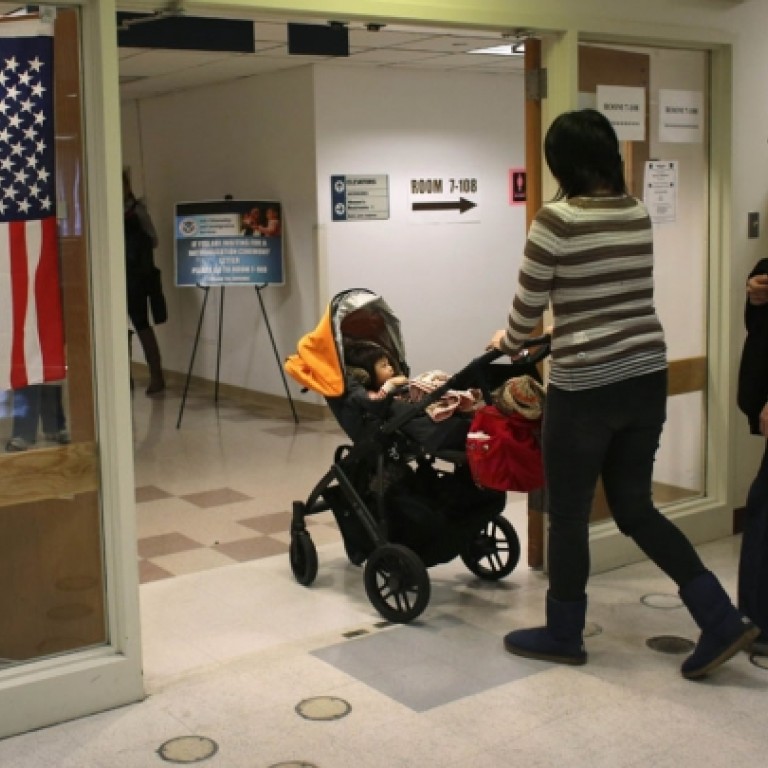
Vet emigrating Chinese for ill-gotten wealth
Victor Fung Keung says among the many wealthy Chinese who seek to emigrate, there are surely some who are crooked. They must be stopped
Many middle-class people in Hong Kong work hard, create wealth for themselves and contribute to society's well-being. Not without reason is the city admired as the Pearl of the Orient. People have a sense of belonging. But when we look at mainland China, it is a different story.
Many wealthy Chinese are leaving the country in droves. Take, for example, the EB-5 US Immigrant Investor programme that offers foreign investors the possibility of becoming permanent residents. In 2011, 41 per cent of all visa recipients were Chinese nationals; and they accounted for a staggering 80 per cent of all visas issued in the year ending June 30, 2012. (The European Union, Australia and Hong Kong offer similar immigrant-investor programmes.)
Beijing shouldn't just sit idle. It is time leaders did something about this. On the one hand, we should respect, and insist on, mainlanders' right to travel and emigrate, among other freedoms. But on the other, the government must keep an eye on suspicious cases, particularly those that might involve money-laundering.
Since Deng Xiaoping's fabled "southern tour" in 1982, Beijing has implemented many liberal policies to stimulate the economy and enhance the living standards of the Chinese people. Many Chinese have become rich as a result. Sadly, in recent years, many have chosen to transfer their assets, as well as their children, to the US (and elsewhere).
America's EB-5 programme requires foreigners to invest US$1 million in projects in designated areas that can create at least 10 full-time jobs for Americans. If potential emigrants pour money into rural areas or districts with high unemployment rates, their investment limit may be lowered to US$500,000.
Analysts say many potential mainland emigrants are attracted by living conditions in the US, its advanced education system, welfare resources and huge business opportunities. The majority of the mainland applicants are aged between 40 and 45, according to analysts. These people are the pillars of society.
About 20 per cent of all mainland applications were rejected, nevertheless, because the applicants failed to prove their income was legally obtained, immigration consultants say. The EB-5 programme requires a clear illustration of the relationship between the money and investors, and demonstrations that the money was acquired in a lawful manner. In short, no corrupt money is allowed.
Given the rampant corruption on the mainland and business malpractices, it should surprise nobody that some of the wealth accumulated by potential emigrants was not obtained legally. The Chinese government should start investigating those applicants who fail to meet the US requirements and find out how they amassed their fortunes. This "problematic money" should be spent on creating jobs for mainlanders.
No doubt, many middle class mainlanders are seeking to improve their lives by choosing to leave their homeland. But allowing corrupt officials and unscrupulous entrepreneurs to flee with millions of dollars is a huge mistake. Keeping quiet and doing nothing would send the wrong signal to law-abiding citizens.
